Publications
Articles, publications, books, tools and multimedia features from the U.S. Institute of Peace provide the latest news, analysis, research findings, practitioner guides and reports, all related to the conflict zones and issues that are at the center of the Institute’s work to prevent and reduce violent conflict.
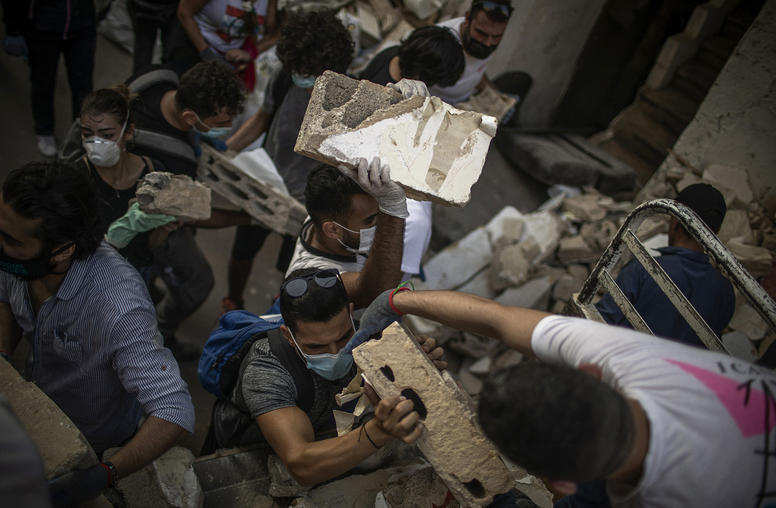
After Beirut Blast, What’s Next for Lebanon’s Broken Political System?
A massive explosion ripped through the Port of Beirut on August 4, sending shockwaves through the Lebanese capital, killing approximately 200, injuring thousands, and leaving upwards of 300,000 homeless. This comes with Lebanon already on the brink of economic collapse, struggling to address a COVID outbreak, and as the trust gap between citizens and the state is wider than ever. Although in the immediate aftermath of the explosion some suggested Lebanon had been attacked, the cause of the explosion is likely much more banal: government negligence resulted in thousands of pounds of explosive chemical material to be improperly stored in the port for years. USIP’s Elie Abouaoun and Mona Yacoubian examine what this means for Lebanon’s beleaguered political system, the long-term implications for the country, and how the international community has responded so far.

Ambassador Hesham Youssef on a New Middle East Peace Quartet
With the Israeli-Palestinian peace process at a standstill, USIP’s Ambassador Hesham Youssef talks about a new, diverse quartet of states that can help reinvigorate talks, saying, “joining hands, they can influence both the Arab position and the European position.”
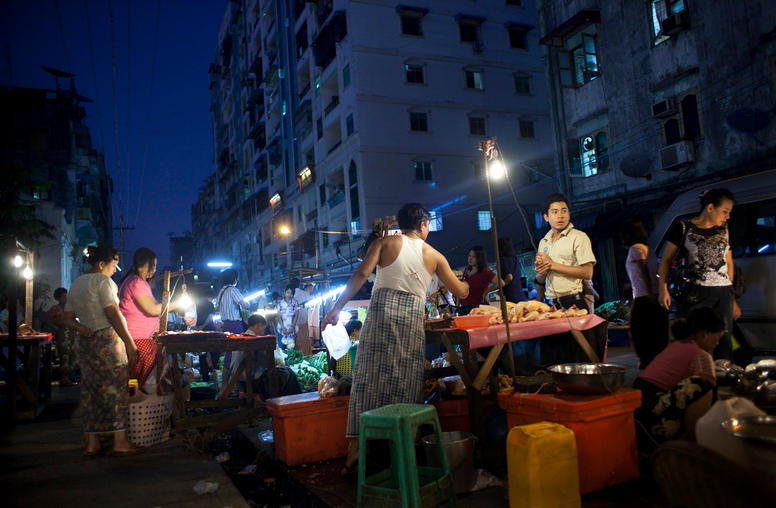
The Dangers of Myanmar’s Ungoverned Casino Cities
As a struggling, incomplete democracy, Myanmar and its elected leaders face challenges that would confound any country. The best-known involve the military’s uneven loosening of a 50-year dictatorship; ethnic tensions and armed conflicts; the lack of a common national identity; entrenched poverty; and the complications of borders with five nations, including China. Less well known is an emerging threat that touches each of these vital concerns. Over the past three years, transnational networks with links to organized crime have partnered with local armed groups, carving out autonomous enclaves and building so-called “smart cities” to tap into the huge, but illegal, Chinese online gambling market. Myanmar’s leaders at every level and in every sector should pay serious attention to the alarming national implications of these developments.
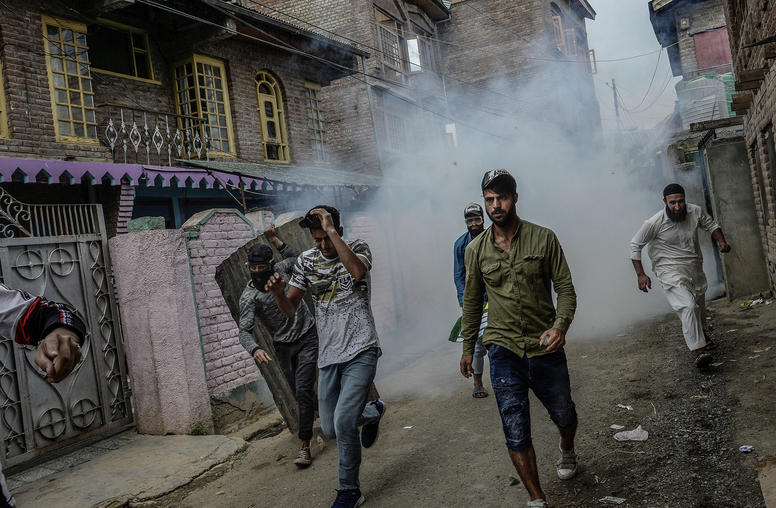
India’s Kashmir Conundrum: Before and After the Abrogation of Article 370
On August 5, 2019, the government of India revoked the constitutional autonomy of its Muslim-majority state of Jammu and Kashmir. This report—based on field interviews, new data collection, and extensive research— focuses on the revitalized insurgency and mass uprising between 2013 and 2019, explains how the Kashmir conflict evolved to a point that contributed to India’s extraordinary political gambit, and lays out both New Delhi’s strategy and the challenges the government faces going forward.
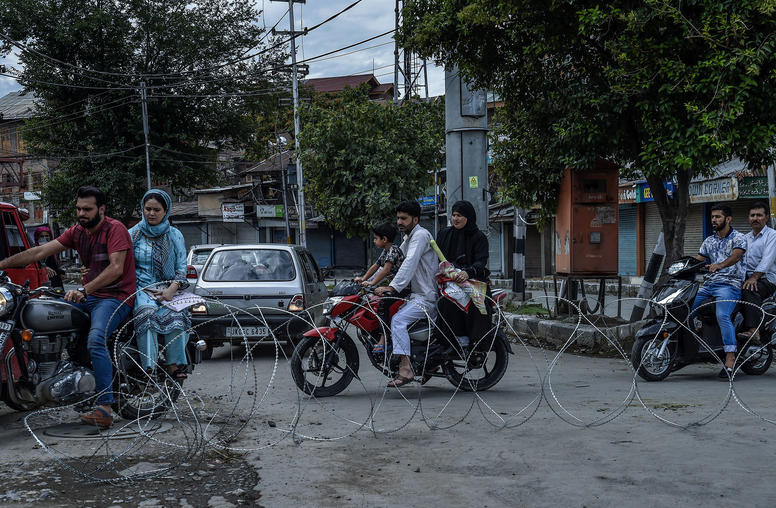
Toward a Kashmir Endgame? How India and Pakistan Could Negotiate a Lasting Solution
Kashmir has once again emerged as a major flashpoint between South Asia’s nuclear-armed rivals, India and Pakistan. The Indian government’s August 2019 withdrawal of statehood status for the Muslim-majority Jammu and Kashmir region intensified disaffection among separatists and the Kashmiri public. This report explores the strategies India and Pakistan have adopted toward Kashmir in the year since August 2019, and examines a potential road map for resolving the Kashmir conflict.
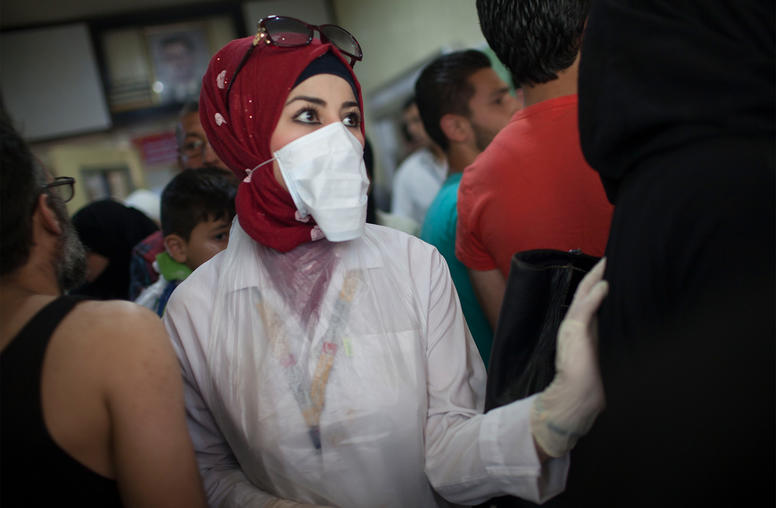
Coronavirus Throws Another Challenge at Syria’s Doctors
As COVID starts to surge in Syria, the pandemic poses extraordinary challenges in one of the world’s most complex conflict zones. Nearly a decade of war has left Syria’s health care system in shambles. With supplies and trained personnel scarce, medical providers have struggled to meet the needs of millions of displaced Syrians. Meanwhile, medical workers have not been spared from the violence—despite international condemnation, health care facilities have been targeted by military strikes over 500 times since 2011.
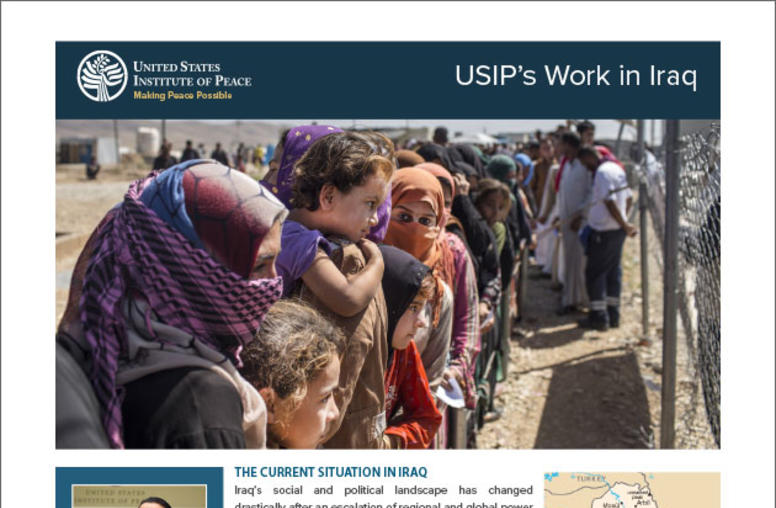
The Current Situation in Iraq
Iraq’s social and political landscape has changed drastically after an escalation of regional and global power competition, the COVID-19-induced health and economic crises, and the unprecedented uprising by peaceful demonstrators in October 2019 that led to formation of a new government. These developments have exacerbated long-standing ten-sions, feeding public distrust in the state and tribal violence in the south. They have also detrimentally affected minority communities, especially in ISIS-affected areas, creating openings for ISIS remnants to step up attacks and contributing to continued internal displacement of over one million persons.

Jason Klocek on International Religious Freedom
The global rise in religious discrimination and oppression risks creating new cycles of violence. USIP’s Jason Klocek says we must “rethink … some of the conventional wisdom we have about religious freedom and its relationship to peace and development” if we want to reverse this trend and prevent conflict.
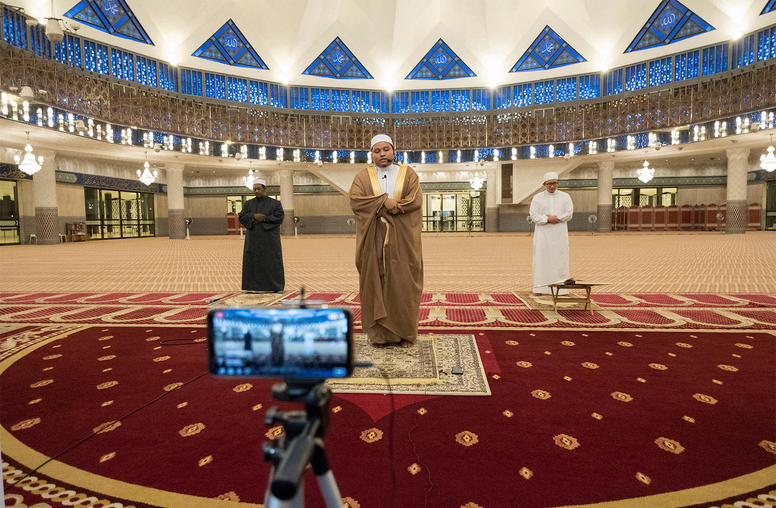
COVID-19 Heightens Congressional Concerns About Global Religious Freedom
In the midst of the COVID-19 pandemic, concerns about international religious freedom continue to exist, especially as state lockdowns have made it even harder to monitor its status.
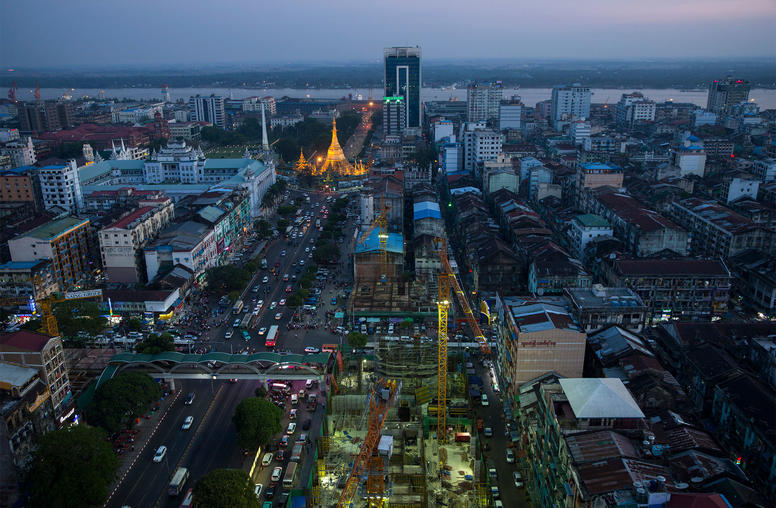
Myanmar: Casino Cities Run on Blockchain Threaten Nation’s Sovereignty
On January 20, a young venture capitalist named Douglas Gan sat down in a Philippine television studio to discuss, in part, an exciting new “Smart City” project his firm had become involved in. Sporting a black hoodie over a white tee-shirt, Gan described how one of his companies, Building Cities Beyond Blockchain, was already at work in Myanmar’s Yatai New City, recording instantaneous property transfers and showing the potential of blockchain technology. It’s a start, the anchor said. Gan agreed.